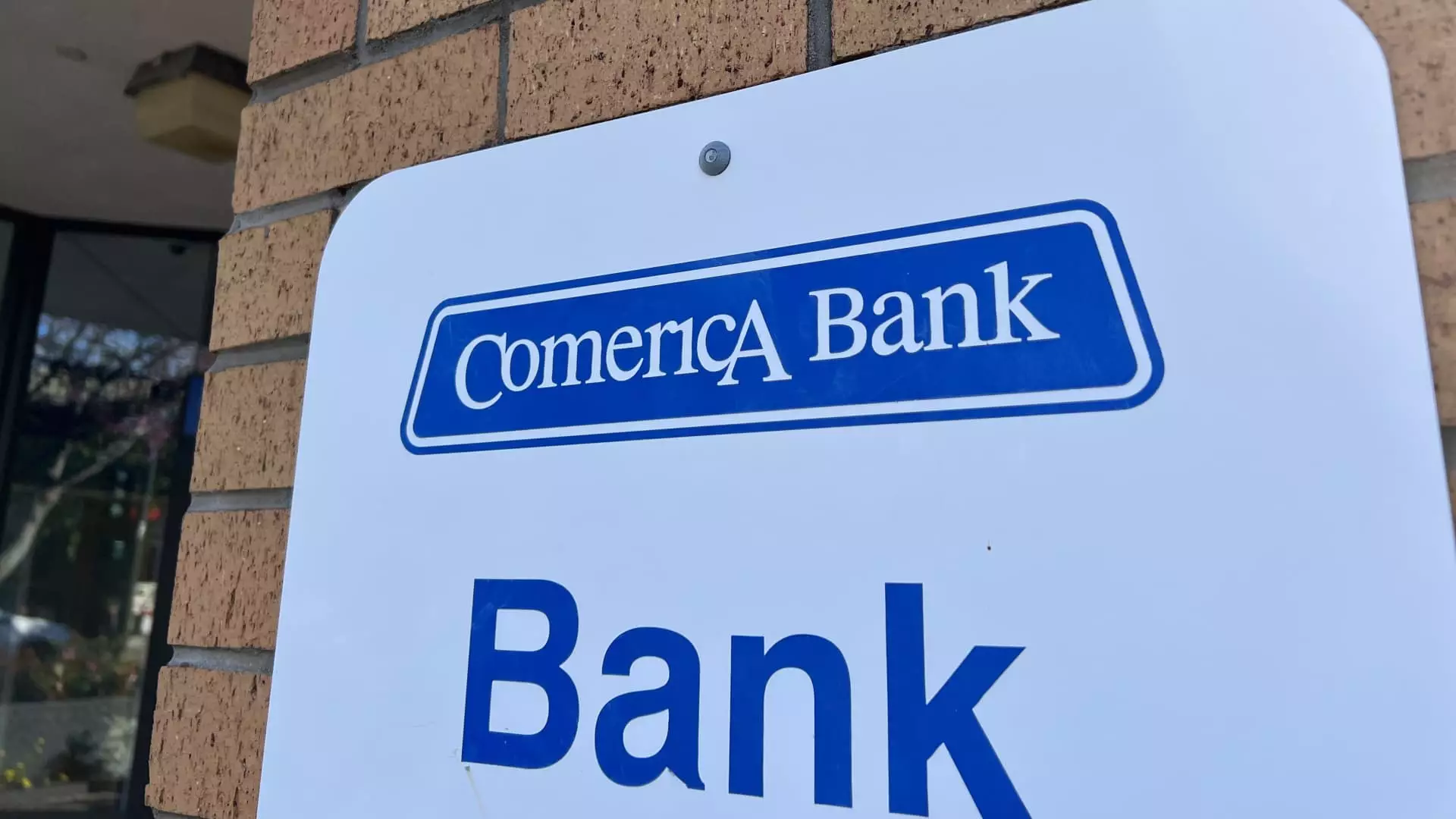The Consumer Financial Protection Bureau (CFPB) has taken a significant step by filing a complaint against Comerica Bank, centered around the alleged mismanagement of the Direct Express prepaid debit card program. This program is essential for millions of Americans relying on federal benefits, including those on Social Security and various disability programs. The CFPB’s claims are serious, highlighting issues such as the intentional disconnection of customer service calls and improper imposition of fees on cardholders. The implications of these allegations extend beyond mere operational failures; they raise critical questions about the protection of vulnerable populations who depend on these financial services.
Details of the Complaint
According to the CFPB, Comerica Bank faced serious shortcomings in its customer service protocols. The agency alleges that over 24 million calls were deliberately disconnected, a staggering figure that points to a systematic failure in meeting customer needs. This is particularly disconcerting given that many users of the Direct Express card include elderly and disabled individuals who may not have other means of managing their financial affairs. Moreover, the complaint underscores financial misconduct, including automatically charging ATM fees that cardholders did not owe, further burdening those on fixed incomes. These actions are viewed by CFPB Director Rohit Chopra as a direct attempt by Comerica to enhance their profits at the expense of the very demographic that relies on their services.
In response to the CFPB’s actions, Comerica has raised concerns about the nature of the investigation itself. The bank claims that it has worked closely with federal oversight bodies since being appointed to administer the Direct Express program in 2008. Comerica argues that it has acted within the parameters set by the federal government and that the CFPB’s accusations overlook the complex nature of managing such a program. According to Comerica’s media relations executive, Louis Mora, the bank has been transparent and cooperative throughout the investigation. Mora’s defense indicates that Comerica sees the situation as a misunderstanding rather than willful negligence.
Historically, the CFPB has not shied away from holding financial institutions accountable, particularly concerning their treatment of vulnerable populations. This trend includes previous high-profile actions, such as a $100 million fine against Bank of America linked to the mishandling of unemployment benefits. Such precedence underscores the CFPB’s commitment to ensuring that financial institutions adhere to prescribed standards and act in the best interests of their customers. The case against Comerica could be positioned within a wider strategy by the CFPB to reinforce regulatory compliance in areas where consumers are traditionally at risk.
As this legal battle unfolds, the implications for Comerica Bank and the millions who rely on the Direct Express program remain unclear. The outcome of the complaint could either reaffirm the need for stringent oversight of financial institutions or provoke discussions around reforming how such programs are managed. Regardless, the situation is a stark reminder of the vital need for transparency, accountability, and effective consumer protection in the financial sector, particularly for those most in need of support. The forthcoming developments will be crucial not only for Comerica but will also set a precedent concerning how financial entities engage with vulnerable customer bases moving forward.

